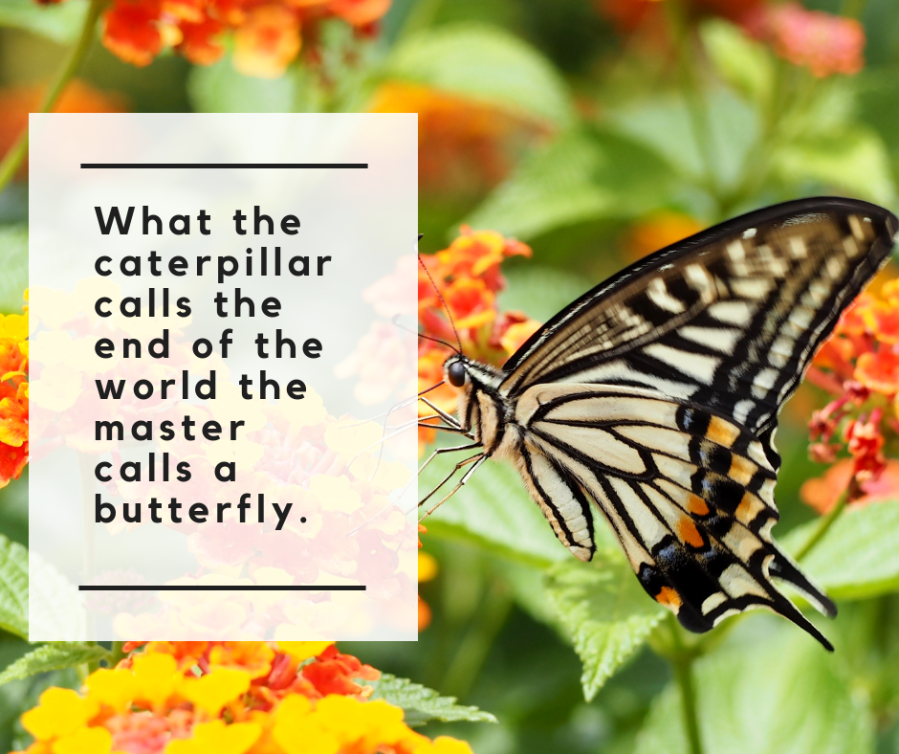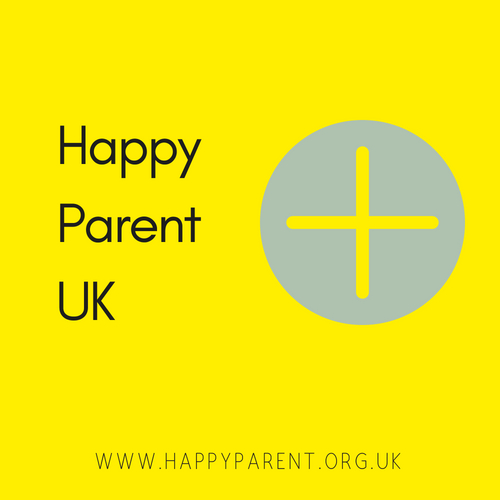Today I’ve been feeling the full weight of endings.
The weather here in London has taken a sudden turn towards autumn, breaking crisp and cool this morning. As I walked my son to school, holding his hand in one hand and his bags in the other, with my baby in the carrier, it hit me: this is my last full week of a typical maternity leave. Next week, the baby (probably more a toddler now) starts settling in at nursery.
Obviously my impending return to work isn’t a surprise. I’ve been preparing for it and part of me has been looking forward to it. Of course, I hate the idea of being separated from my boys and missing out on time with them.
But anyone who has ever tried to get something done with a baby understands that you are CONSTANTLY multitasking, and that’s a drain on your energy that’s hard to understand unless you’ve been there. Even when the baby is asleep, part of your mother-brain is listening out for signs of waking, or illness, or (especially with very young babies) reassuring sounds of breathing.
So truth be told, part of me looked forward to having the train ride to myself, to be able to meditate or read a book or just sit. Part of me has been looking forward to using the problem solving part of my brain to make improvements at work and keep things running smoothly. I’ve been looking forward to being with colleagues. A hot cup of tea at my desk. Having demarcated “work”, “home”, and “me” time. Not being broke all the time.
But today, it hit me that this time of my life was nearly over. And I felt very sad all of a sudden.
I was reminded of a phrase that I read in Nancy Bardacke‘s beautiful book, Mindful Birthing. This phrase featured in my own birth experience with my second baby, which is hands down one of the most empowering and beautiful experiences of my life. The phrase is transformational pain.
Here’s an excerpt from the book that explains the concept:
To my way of thinking, we need a completely different category for the pain of childbirth, so I offer the concept of transformational pain. Transformational pain is normal pain. It is the pain of living in a mortal body, a body that exists in Horticultural Time, a body that is birthed, grows, at times experiences illness, the eventual pains of aging, and ultimately death.
Bardacke also alludes to the emotional pain, and it is there where I find the phrase appropriate for me today.
Just as the pain I felt in my body as I birthed my sons was normal pain – not a sign that something was wrong, but actually the sign of life-giving transformation happening – I am experiencing the pain that comes with a less physical transformation.
I am transforming from an at-home mother with a new baby to a working mother again with a travelcard, childcare bills, meetings, deadlines, household admin, appraisals, and play dates at the weekend.
Transformation can be found at so many transitions, from the big ones (birth, death) to the little ones (returning to work, changing jobs, changing career).
Looking back at journal entries from this time last year, I had the emotional transformational pain of becoming a mother of two. It was harder than I had expected, being as present for my eldest as he was accustomed to while also getting to know a newborn. Finding how we fit together as a family of four took some time and involved me learning to cope with a shorter-than-usual fuse for longer than I’d like to admit.
The importance of the notion of transformational pain is that it reminds me that pain is not always a sign that something is wrong. It is a sign of transformation. It is uncomfortable, but that doesn’t mean that anything is the matter.
This phrase has reminded me that there was nothing I could/should have done differently over the past year that might have spared me this discomfort. If anything, I probably feel the pain much less (hence the shock this morning) because I’ve been sure to savour the time, to be mindful of my time with my young sons, to be active but to also have down time to just be.
Sometimes, to be mortal and to grow and evolve is to feel pain.
As Richard Bach said:
What the caterpillar calls the end of the world the master calls a butterfly.

